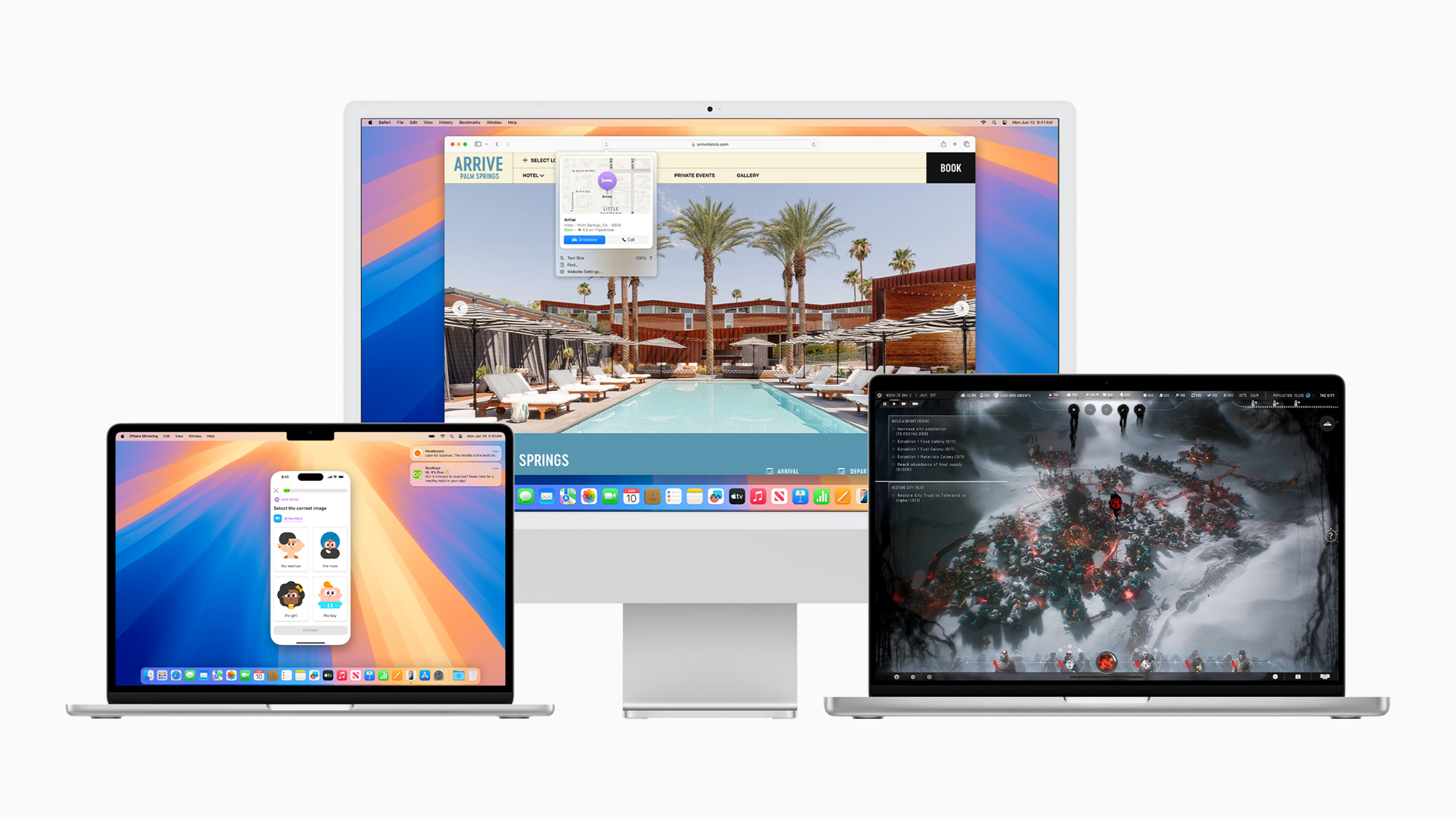
Apple is introducing a notable enhancement to its virtualization framework in macOS Sequoia by enabling Mac users to sign into iCloud within macOS virtual machines (VMs).

Previously, users could not sign into iCloud on macOS VMs, which limited the framework's utility for developers needing to test iCloud features and for users looking to sync their apps with iCloud. As spotted by ArsTechnica, macOS Sequoia removes that barrier, provided that both the host and guest operating systems are macOS 15 or newer.
The feature will be available on Apple silicon Macs, but it has some limitations. Developers aiming to run older macOS versions alongside macOS 15 in a VM or those who upgrade VMs from older macOS versions will not be able to sign into iCloud on the VM. Only brand-new VMs created from a macOS 15 install image (an .ipsw file) can utilize iCloud and services related to Apple Account (formerly Apple ID).
Apple's virtualization framework documentation explains:
Apple says that if someone moves a VM to a different Mac host and restarts it, the Virtualization framework automatically creates a new identity for the VM using the information from the Secure Enclave of the new Mac host. This identity change requires the person using the VM to re-authenticate to allow iCloud to restart syncing data to the VM."When you create a VM in macOS 15 from a macOS 15 software image… Virtualization configures an identity for the VM that it derives from security information in the host's Secure Enclave. Just as individual physical devices have distinct identities based on their Secure Enclaves, this identity is distinct from other VMs."
Both Parallels and VMware offer virtualization software, and Broadcom recently made VMware Fusion free for personal use. macOS Sequoia is currently in developer beta, with a public beta set to arrive in July, followed by a general release in the fall.
Article Link: macOS Sequoia Adds iCloud Support for macOS 15 Virtual Machines



